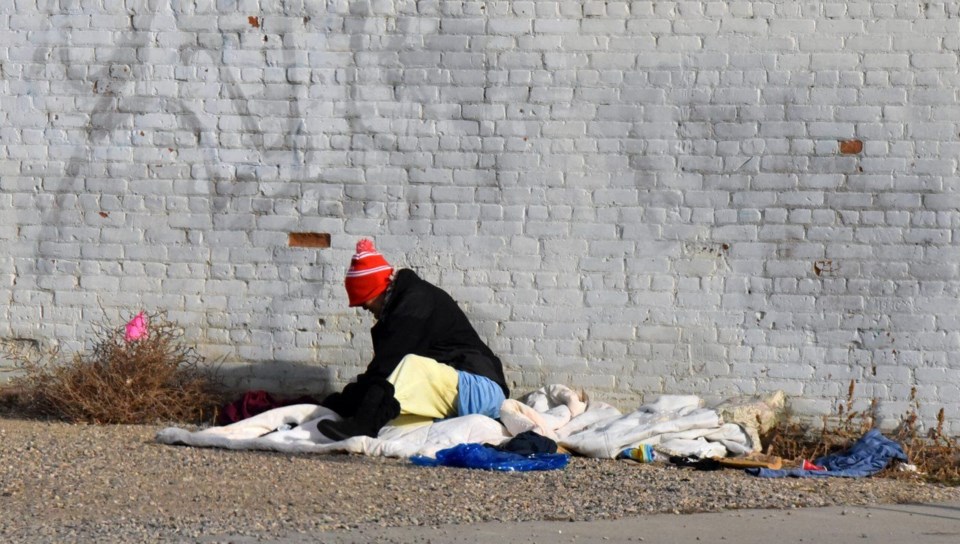PRINCE ALBERT - Council was provided with a brief update on the Homeless Action Initiative during an Executive Committee meeting on May 24 that outlined the impacts of the city’s homeless crisis.
Launched in December of 2021, the project is a collaborative approach aimed at reducing the number of homeless people in Prince Albert. The Initiative is a partnership between the City, the Community Advisory Board on Homelessness, and the Living Sky Centre for Social Inquiry (LSCSI).
The project is funded in part by the Government of Canada’s Reaching Home program, with $10,500 from the Fiscal Stabilization Fund approved for the initiative by City Council in November of last year.
Lead researcher for the project, Dr. Chad Nilson from LSCSI, spent several months engaging with over 75 community stakeholders across different sectors to share dialogue around the causes, consequences, and solutions to homelessness. He also spoke with individuals who are currently experiencing homelessness, giving them a chance to share their voices that would otherwise go unheard.
“This particular project is unveiling a lot of things that perhaps we didn’t know about the pressures on our system, on our neighbourhoods, on our businesses,” said Nilson during the update.
The preliminary findings have reaffirmed the understanding that chronic risk is the lead issue that needs focus when finding solutions for homelessness.
“The linkages between those risk factors that are responsible for homelessness and other things that our City is being impacted with like long waits in the emergency room, crime, prolifient drug sales and usage,” he explained. “There is an undeniable tie between all these different trends.”
Some factors contributing to homelessness include unmanaged mental health and addictions made complicated by client disinterest, COVID-19 restrictions impacting much needed services, and the stigma and violence against chronic risk individuals making progress difficult for those wanting to break-free of the street life.
The impacts of the crisis are felt by everyone in the community. Vulnerable individuals face worsening health problems and societal alienation, while public fear of harm and crime reduces downtown traffic and creates a negative image of the City.
According to early observations from the Homeless Action Initiative, there was a general positive reaction amongst the community and support for the project. This was not without some challenges, as organizations were busy with staff holidays and the fiscal year-end.
Some of the agencies involved in the project include police, fire, Indigenous governments, addictions services and mental health providers.
Nilson is planning to meet with the project’s reference group in the coming weeks to identify a few problems as a sample run to implement local solutions for. This will demonstrate to the Initiative’s partners, stakeholders, and the community at large that there is action being taken for these issues and that it can be taken in the future.
“The results of that exercise will serve as a good framer for a DNA that could be used to solve bigger problems related to homelessness and related to crime,” said Dr. Nilson.
A report on the consultative findings is set to be finished by the end of June.




